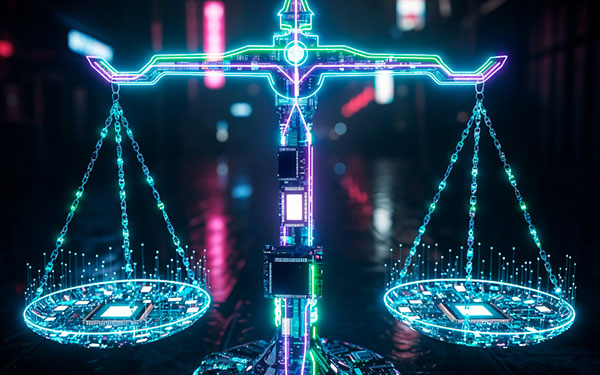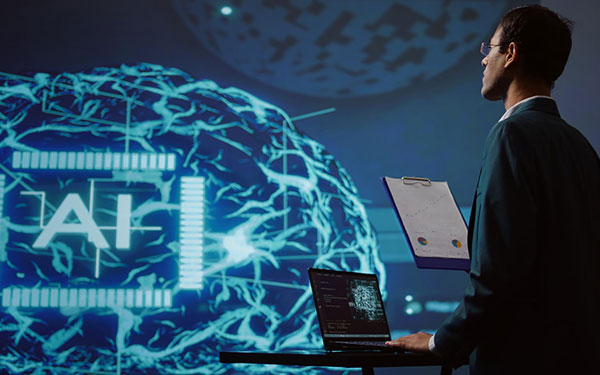In a recent episode of X-Raise: The Engine of Trust: Building Ethical and Responsible AI, host Myles welcomed back award-winning barrister, author, and legal-tech CEO Laina Chan for a candid discussion on one of the most pressing issues in artificial intelligence today: trust.
With over two decades of courtroom experience and recognition as one of the 2025 most influential CEOs in legal tech, Chan has built her career at the intersection of law and technology. Through MiAI Law, the AI-powered research platform she co-founded, Chan continues to push the boundaries of how technology can support lawyers in delivering precise, ethical, and accountable outcomes for their clients.
For Chan, the foundation of trust in AI lies in transparency. She recalled a recent presentation before the Law Council of Victoria, where Justice Gorton, the chair of the Council and a judge of the Supreme Court of Victoria, raised a concern that her product was so accurate, lawyers might stop checking its outputs. “That’s exactly why we designed the system to make verification easy,” Chan explained. Every report generated by MiAI Law provides detailed pinpoint referencing, identifies the cases relied upon, highlights gaps, and even reveals the reasoning process behind the output. “The responsibility remains with the lawyer to verify, but we’ve built the platform to support that responsibility at every step.”
Unlike many mainstream AI systems that “hallucinate” when data is insufficient, MiAI Law takes a different approach. “Hallucinations happen when models try to fill gaps with plausible guesses. We don’t do that. If there is no on-point case, our system will say so, and instead reason from first principles,” Chan noted. The result is research reports that are not just answers, but comprehensive documents laying out the logic behind them.
Accuracy, however, has its limits. While Chan acknowledges that no AI can guarantee perfection, MiAI Law achieves 99 to 99.5 percent accuracy, figures that exceed the performance of most junior lawyers and paralegals. “Lawyers need to understand that AI works on probabilities and inference. That’s why verification is non-negotiable,” she said.
For Chan, the next frontier lies in how law schools prepare future lawyers. “It’s not about teaching students to trawl databases anymore, it’s about teaching them to scrutinize AI outputs critically, to spot gaps, and to build strategies on solid foundations.”
The discussion also addressed data security, another major concern in the legal sector. Chan emphasized that all client data is stored on Microsoft Azure with full encryption. Backed by technology partnerships with Microsoft, AWS, and Google, MiAI Law ensures that sensitive legal documents remain protected. “We want lawyers to trust not only the research, but the way their information is handled,” Chan affirmed.
What sets MiAI Law apart, Chan argues, is the integration of her own legal reasoning into the platform. While most tools rely purely on language models and prompt engineering, her system embeds decades of courtroom and research expertise directly into its algorithms. “AI doesn’t reason, it mimics. At MiAI Law, we’ve coded reasoning into the process itself.
That’s the difference.”
As the legal industry grapples with the challenges and opportunities of AI, Chan’s message is clear: AI is a powerful tool, but it is not a replacement for human judgment. Responsibility, she insists, lies in the partnership between lawyer and machine. “Your strategy is only as strong as its foundation. And that foundation has to be solid legal research.”



